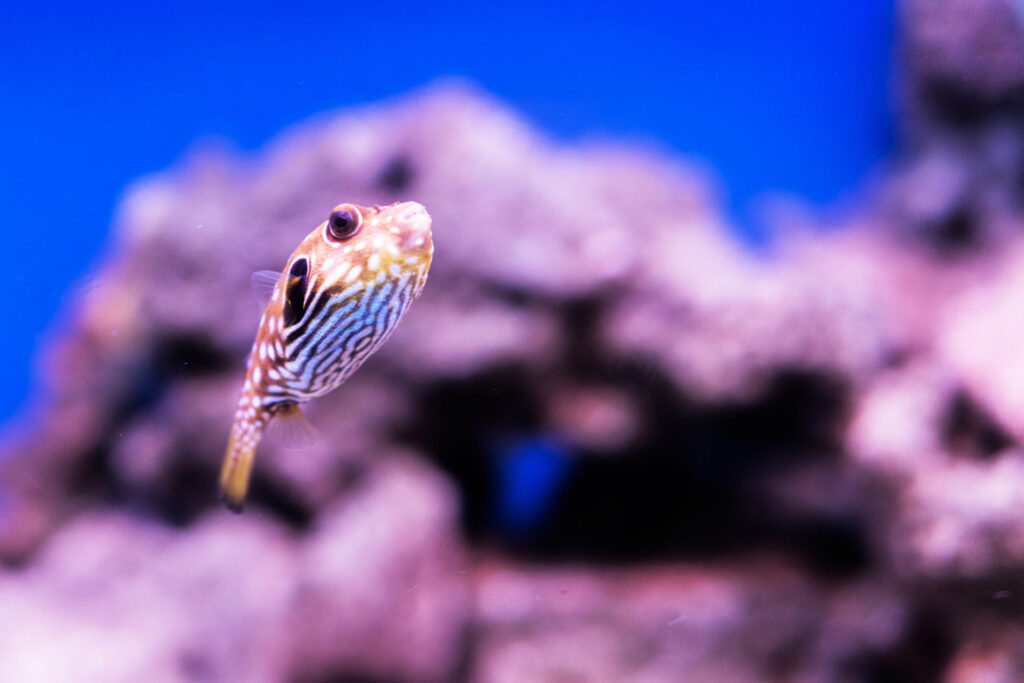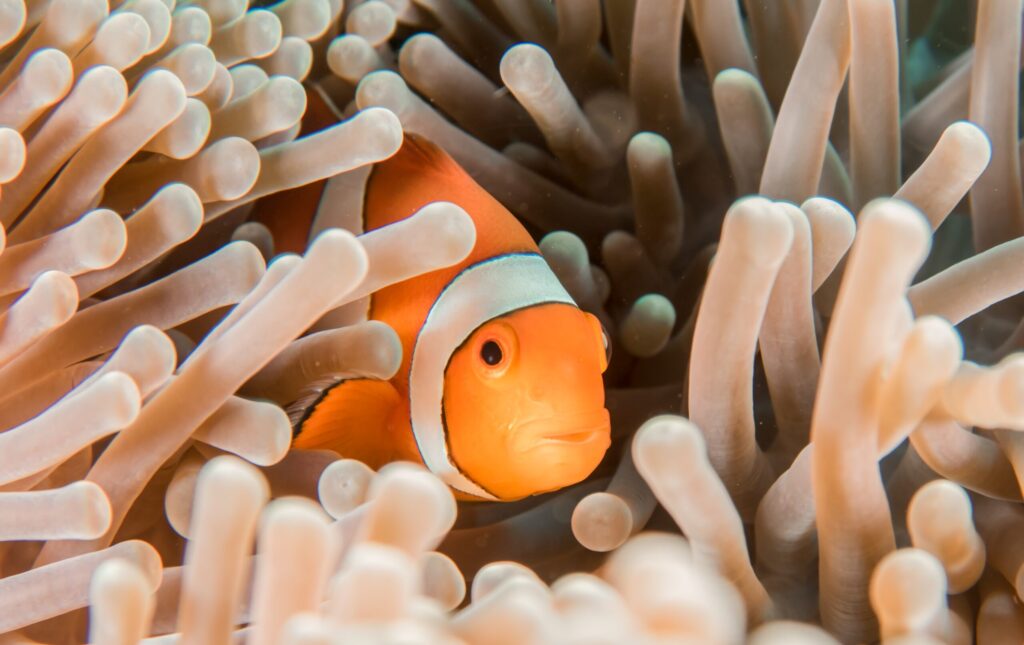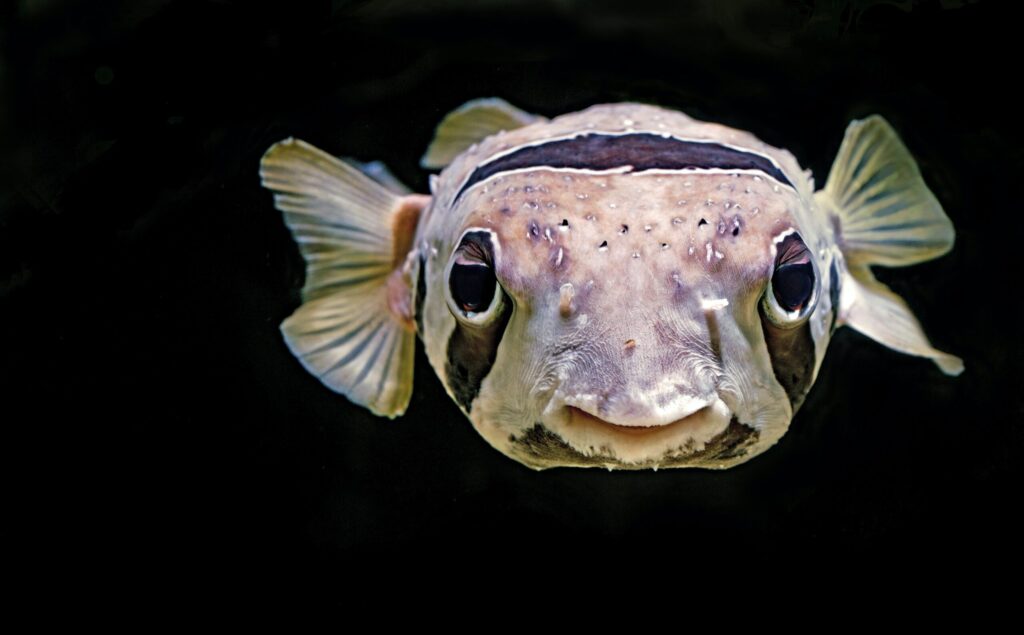
Fishy Business: How to Rehome Your Fish Without Causing a Fin-tastrophe
If you’re a fish owner, you know that caring for your aquatic pets can be a rewarding and enjoyable experience. But there may come a time when you find yourself needing to rehome your them.
Perhaps you’re moving to a new home, or your lifestyle no longer allows you to provide the care they require.
Whatever the reason, handling the situation responsibly and with respect is essential. In this roundup, we’ll explore options for rehoming aquatic pets and offer tips to ensure a smooth transition for your finned friends.
Here are some things you can do:
- Rehome them: Consider finding a new home for your aquatic pets. Ask friends or family if they want to adopt them, or contact local pet stores, aquarium clubs, or fish-rescue organizations.
- Donate them: Many schools, hospitals, and nursing homes have aquariums and would appreciate these kind of donations.
- Sell them: You could sell them to a reputable pet store or online marketplace. However, research to ensure the buyer can provide a suitable home.

- Trade-in them in: Some pet stores may offer a trade-in program where you can exchange them for store credit towards other pet supplies.
- Ask for help from a local fish club: Consider contacting a local aquarium or aquatic club for advice or assistance in rehoming your them.
- Contact a fish-rescue organization: Various rescue organizations specialize in helping rehome unwanted fish and may be able to assist you.
- Keep them until you find a suitable home: If you cannot find a new home for your aquatic friends right away, it’s essential to continue providing proper care for them until you do.
- Euthanize them: If they are sick or suffering and you cannot find another option, consider euthanizing them humanely. This can be done through a veterinarian or by using approved methods such as clove oil or freezing.
- Learn from the experience: Above all! Before getting a tank in the future, thoroughly research fish-care requirements and whether they are the right pet for you to prevent the recurrence of a similar situation.
Tips: DO NOT
- DO NOT Release your fish into a natural habitat: It is important to note that releasing them into the wild can be illegal and harmful to the ecosystem.
- DO NOT Flush your fish: Unless they have expired, it’s a cruel way of getting rid of these animals.
Did you know?
Rehoming fish can be problematic, with some species can become stressed or even die due to water chemistry or temperature changes. When moving them to a new home, it’s important to acclimate them slowly to the new water conditions to prevent shock or stress.
Some species can carry diseases or parasites that can harm other ones in their new environment. So, it’s essential to quarantine and observe newly acquired fish to ensure they are healthy before introducing them to an established aquarium.
 A little history:
A little history:
Fish have been kept as pets for thousands of years, dating back to ancient civilizations such as the Sumerians, Egyptians, and Chinese. In ancient Egypt, for example, they were highly regarded and even worshipped as symbols of fertility and rebirth.
They were kept in specially designed tanks and ponds and were often mummified and buried alongside their owners to symbolize their status and wealth.
During the Middle Ages, they became popular as a food source for monks and nobility, and elaborate ponds were built in European castles and monasteries.
In the 1800s, with the invention of the aquarium, they became more accessible as pets for the middle class.
 In the 1900s, aquarium keeping became a widespread hobby with the increasing popularity of tropical ones.
In the 1900s, aquarium keeping became a widespread hobby with the increasing popularity of tropical ones.
Millions worldwide keep these finned beings as pets, and the hobby has become a multi-billion-dollar industry. From simple goldfish bowls to high-tech, automated aquariums, fish-keeping has become a fascinating and rewarding hobby for people of all ages and backgrounds.


